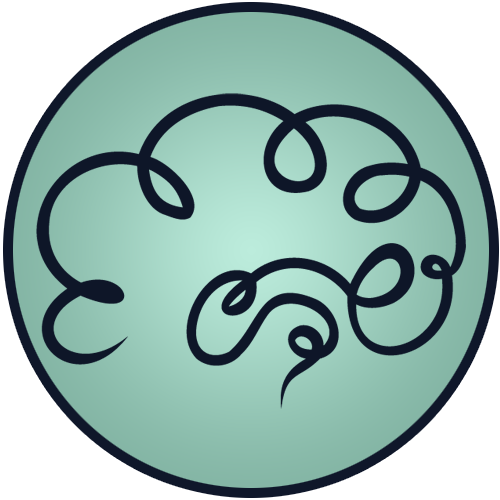Dance/Movement Therapy (DMT) is an expressive form of psychotherapy that taps into the body’s natural movement as a means of promoting emotional, cognitive, physical, and social integration. Rooted in the idea that the body and mind are interconnected, DMT utilizes the power of movement to enhance mental well-being, foster creativity, and facilitate healing. This therapy has gained recognition for its ability to address a variety of mental health conditions, from anxiety and depression to trauma and chronic stress.
The Science Behind Dance/Movement Therapy
DMT is grounded in the belief that movement reflects a person’s inner state and that altering movement can shift psychological and emotional experiences. According to research, DMT has been shown to positively impact the brain by engaging areas involved in emotion regulation, memory, and self-awareness. Specifically, movement activates the brain’s motor cortex, which is closely linked to emotional expression. This connection allows DMT to be particularly effective in helping individuals process emotions that may be difficult to articulate verbally.
Mental Health Benefits of DMT
One of the key benefits of DMT is its ability to reduce symptoms of anxiety and depression. Studies have shown that rhythmic movement can stimulate the release of endorphins and other neurochemicals that enhance mood and reduce stress. In fact, DMT has been found to significantly decrease levels of cortisol, the body’s primary stress hormone, thereby promoting a sense of calm and relaxation.
Moreover, DMT can be particularly beneficial for individuals dealing with trauma. The nonverbal nature of the therapy allows for the safe exploration of traumatic memories without the need for direct verbal confrontation. This can be especially important for those who find it challenging to discuss their experiences. By reconnecting with their bodies through movement, individuals can begin to release pent-up emotions and regain a sense of control over their lives.
Fostering Social Connection and Self-Esteem
Beyond individual benefits, DMT also fosters social connection and enhances self-esteem. Group dance therapy sessions provide a supportive environment where individuals can connect with others, reducing feelings of isolation and loneliness. The communal aspect of dancing in synchrony with others can create a sense of belonging and mutual support, which is crucial for mental well-being.
Additionally, the creative expression involved in DMT encourages self-discovery and builds self-confidence. As individuals explore their unique movement styles, they gain a greater understanding of their emotions and identities, which can lead to improved self-esteem and empowerment.
Conclusion
Dance/Movement Therapy offers another approach to mental health by harnessing the power of movement to heal the mind and body. Whether addressing anxiety, depression, trauma, or simply enhancing overall well-being, DMT provides a unique and effective avenue for self-expression, emotional release, and social connection. As research continues to highlight its benefits, DMT stands out as a valuable tool in the field of mental health therapy.


